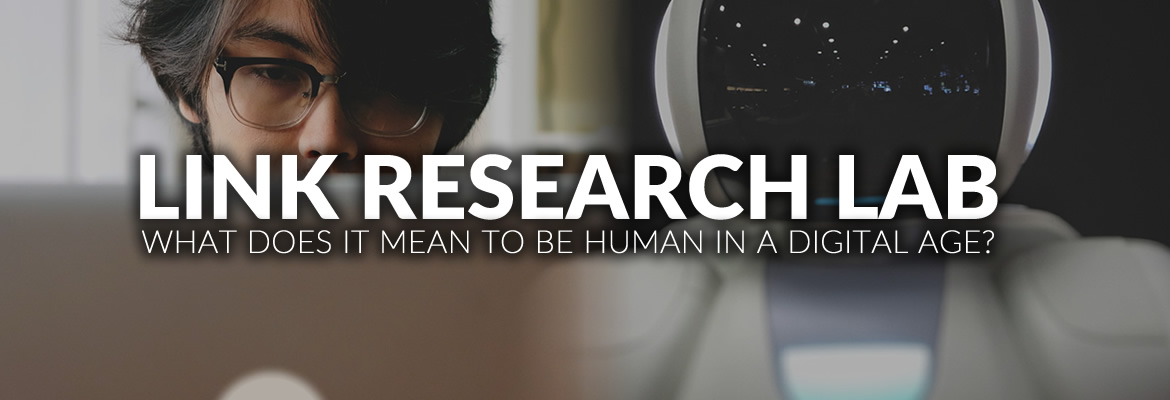What will universities look like in 2025? 2050? How will social networked technologies transform learning? How will learning analytics help us better understand teaching and learning? Is the future of learning personalized, connected, and global? What role does a modern university play in the shaping work in the 21st Century? What pedagogical and support systems do universities need in order ensure success for all learners? How is the idea of the university and learning expanding and diversifying? What does it mean to be human in a digital age?
UT Arlington’s LINK Research Lab sought to explore these questions.
LINK was a research laboratory where researchers, educators, and graduate students connected, shared, and collaborated in advancing social and technological networks, designing future learning models, and exploring the future of higher education. Pete Smith and Laurel Mayo created LINK in Fall 2013, with George Siemens joining as Executive Director December, 2013. LINK started with the MOOC Research Initiative Conference, funded by a grant from the Bill and Melinda Gates Foundation, December 5-6, 2013. Since that event, the lab has obtained a number of additional grants, developed a network of international scholars, initiated cutting-edge research projects, and collaborated with graduate students, faculty, and staff at the University of Texas at Arlington.
LINK worked closely with University Analytics (UA), a new unit at UT Arlington led by Dr. Pete Smith (Chief Analytics Officer and Professor in University Studies). UA works to promote strategic planning, campus-wide decision making, teaching, and learning by developing a campus culture of analytics. The unit provides campus tool sets for performing research analyses and predictive modeling of internal and external data. UA also works to continue UTA’s national and international prominence in the research and use of learning analytics, and to promote institutional and student success through emerging, complex models of teaching and learning.

